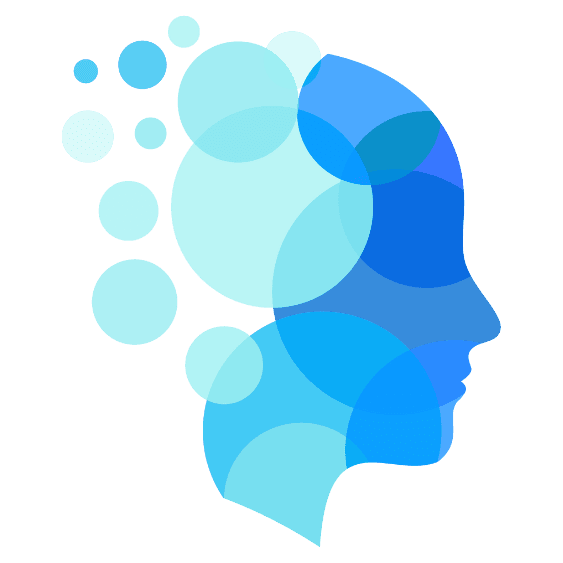Cognitive Rehabilitation via Online Platforms: Innovations and Techniques
The Rise of Online Cognitive Rehabilitation
The digital age has brought about numerous innovations, and one area witnessing significant advancements is cognitive rehabilitation. With the rise of online platforms, accessible and effective cognitive therapy is now more feasible than ever. This shift not only broadens the reach of rehabilitation services but also introduces new techniques and tools to aid in the recovery process.
Online platforms offer unique benefits, including flexibility in scheduling and the ability to reach patients in remote areas. This is a game-changer for individuals who may not have easy access to traditional therapy services. Moreover, digital tools provide an engaging and interactive medium for therapy, which can lead to improved patient outcomes.

Innovative Techniques in Online Therapy
One of the most significant innovations in online cognitive rehabilitation is the use of gamification. By transforming cognitive exercises into games, patients are more motivated to participate and complete tasks. This approach not only makes therapy more enjoyable but can also enhance learning and retention.
Another technique gaining traction is the use of virtual reality (VR). VR environments create immersive experiences that can simulate real-life scenarios, helping patients practice cognitive skills in a safe and controlled setting. Research shows that VR can be particularly effective for individuals recovering from traumatic brain injuries or strokes.
Benefits of Online Platforms
Online cognitive rehabilitation offers several advantages over traditional methods. First, it allows for personalized therapy plans that can be customized to meet individual patient needs. Using data analytics, therapists can monitor progress and adjust treatment plans in real time, optimizing recovery outcomes.

Additionally, online platforms facilitate continuous communication between patients and therapists. This ongoing interaction ensures that patients receive the support they need throughout their recovery journey. It also allows for immediate feedback, which is crucial for maintaining motivation and engagement.
Challenges and Considerations
Despite the numerous benefits, online cognitive rehabilitation does come with its challenges. Ensuring data privacy and security is paramount, as sensitive health information is being shared over digital platforms. Providers must implement robust security measures to protect patient data.
Another consideration is the digital divide; not all patients have access to the necessary technology or reliable internet connections. Addressing these barriers is essential to ensure that online rehabilitation services are truly accessible to everyone who needs them.

The Future of Cognitive Rehabilitation
As technology continues to evolve, so too will the methods used in cognitive rehabilitation. The integration of artificial intelligence (AI) holds promise for further personalization and efficiency in therapy sessions. AI can help identify patterns in patient behavior and suggest tailored interventions that enhance recovery.
In conclusion, online platforms are revolutionizing the field of cognitive rehabilitation. By embracing these digital innovations, healthcare providers can offer more effective and accessible care, ultimately improving the quality of life for patients worldwide.
